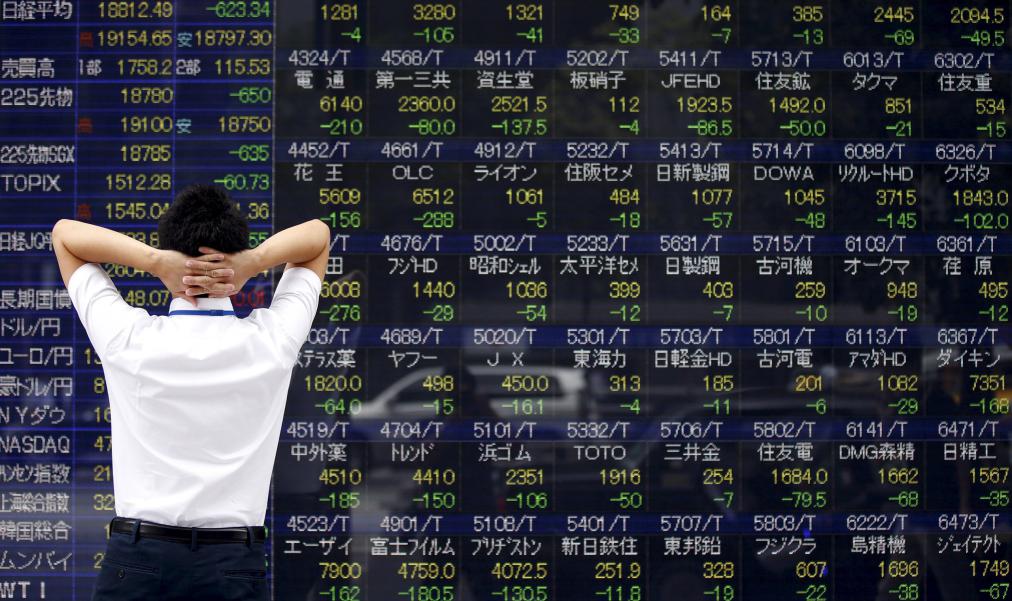Thought The Stock Market Was Complicated Stuff? Understand How The Stock Market Works In 10 Mins
Investing in the stock market can be quite scary; false promises, tales of investors making it big or losing everything alter perceptions of the reality of the average investor. With a little more knowledge about the stock market and its intricacies, you may come to the realization that it’s actually a viable investment.
#1. Stock or Share
You purchase a piece of the company when you buy a stock. To raise capital, a company issues shares to the public, done through an initial public offering (IPO), in which the price of shares is set depending on how much the company’s worth is estimated to be and the number of shares that are being issued. The company keeps the money raised to expand its business while the shares, also known as stocks, continue to trade on an exchange market like the New York Stock Exchange (NYSE). Traders and investors continue the transactions of the company on the exchange but the company is exempted from any money generated from this type of trading as it only receives money from the IPO.
#2. Reason for Buying Shares
Since the perceived value of a company changes as time progresses, traders and investors keep trading a company’s stock even after the IPO. Investors can make or lose money depending on the accuracy of their perceptions in accordance with the market. The market is a wide array of investors and traders who buy and sell stock, increasing or reducing price. Predicting the future of stocks, whether it will rise or fall, is quite difficult.
Usually, investors diversify their stocks, that is, buying stocks in various sectors as stocks as a whole tend to increase in the long-term. This approach saves investors from momentary fluctuations in stock prices. The goal of buying shares is to generate capital by purchasing stocks in companies you expect to do well, that is the values of the share prices that will increase.
Established companies can also pay a dividend to shareholders. A dividend is a fraction of the company’s profit that the company sends to shareholders as long as it keeps paying the dividend. The share prices can fluctuate apart from the dividend. The losses and profits linked to the share price are independent of the dividend. Dividends can be large or small or basically non-existent as many stocks don’t pay them. Investors that want a regular income from their investments prefer buying stocks that pay high dividends.
When you purchase shares of a company, you own a piece of that company and so, can have a vote in the running operation. Owning shares grants you more voting rights equivalent to the number of shares you actually own as companies can issue shares more than once. Shareholders select a board of directors depending on their individual votes and can vote on major decisions concerning the company.
#3. Reason for Selling Shares
Buyers and sellers are involved in every stock transaction. When you purchase a ‘lot’, that is 100 shares of stock someone else sells it to you.
When the price of a stock declines, sellers become more aggressive as the want to sell at a much lower price. The same goes for buyers as they also want to purchase at a lower price. The price would keep falling until it reaches a point where buyers can also become aggressive and are willing to buy at higher prices, thus increasing the price.
Most investors don’t have the same agenda, which causes traders to sell stocks at different times. A particular investor may hold on to a stock until it has grown significantly in price and then, sells it to lock in that gain and so, extract the cash. Another trader may have purchased at a higher price than the amount the stock presently sells for, leaving the trader in a losing position. The trader may then sell to minimize the magnitude of the loss. Both players in the market can also sell because they think a stock is declining and would want to withdraw their money before it does.
#4. Volume
The number of shares that change hands in a day is known as volume. Many stocks on exchanges have millions of shares issued which means a lot of investors can decide to buy or sell on any day. A stock with lots of daily volume attracts investors since the volume implies that they can buy or sell their shares as they please.
It’s possible to dispose a small number of shares especially when volume is inadequate or there is no trading on the stock because the exchange mandates firms, especially to provide volume. These traders are called market makers and act as buyers and sellers of last resort when there aren’t any. Most traders and investors trade stocks with high volume as they don’t have to stop a stock from rising or falling. Thus, there is no need for reliance on market makers, as they are mostly electronic and automated. Some people on the floor of the NYSE still trade stocks for their firms and facilitate orders from the public.
Conclusion
Companies issue stocks to raise money and then the stock keeps trading on an exchange. Owning shares have become more attractive as overall stocks have risen over the long term. Dividends (income), profit potential, voting rights are some of the benefits attached to stock investment. Share prices tend to fall and so, investors choose to diversify their stocks, risking a small percentage of their capital on each one. With enough volume to complete a transaction, shares can be bought and sold at anytime, thus investors can cut losses or earn profits as they wish.





